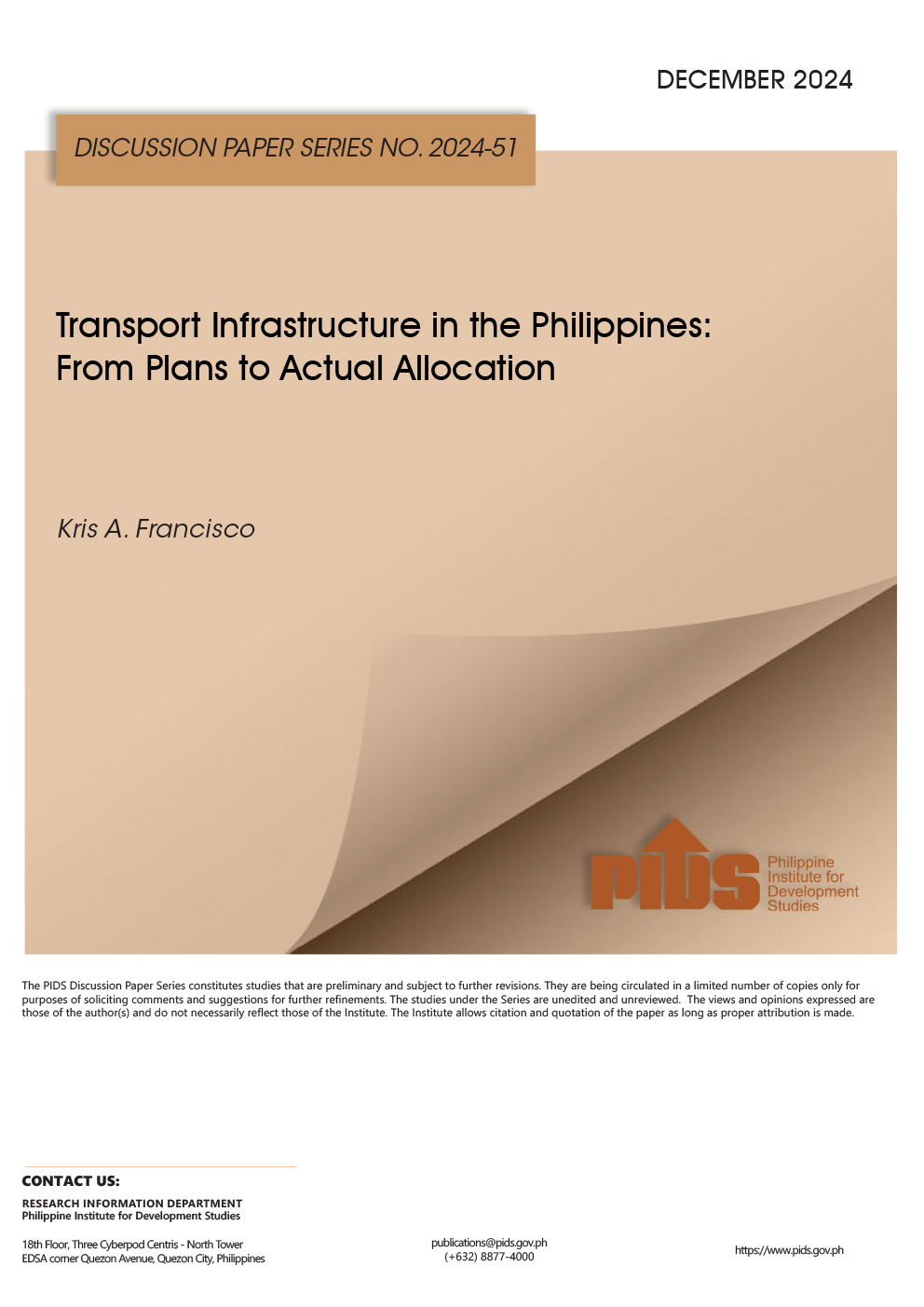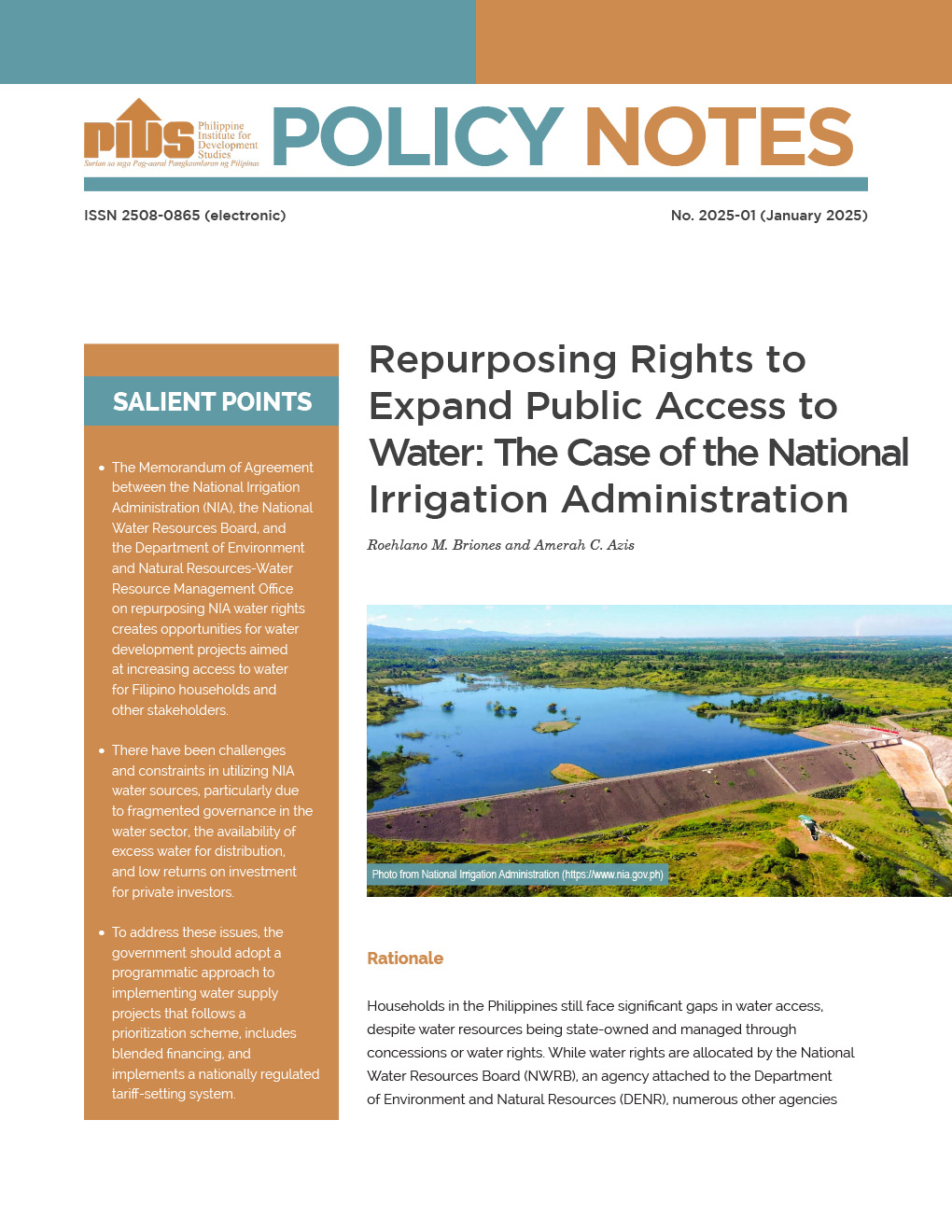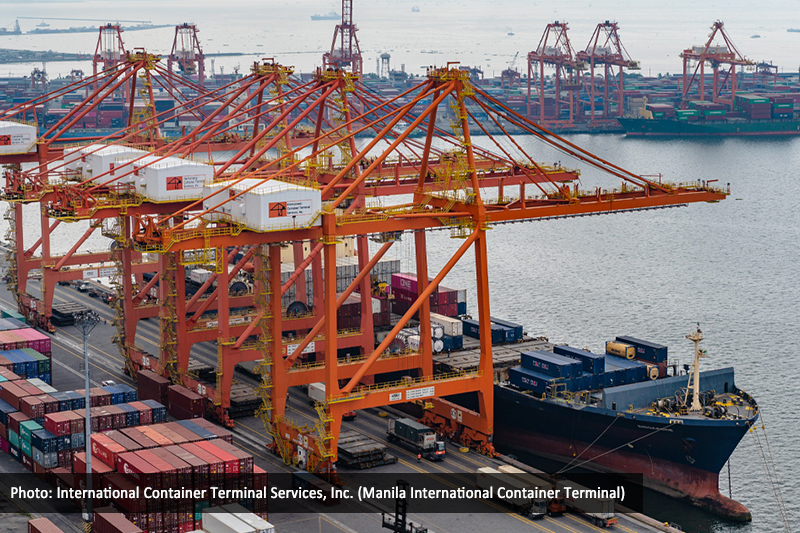The government of the Philippines is considering lifting restrictions on foreign ownership in telecoms in order to boost investment and improve services.
Current restrictions mean foreign firms can own a maximum 40% stake in utility companies based in the country, which includes telecoms, but economic planning secretary Ernesto Pernia has called for this limit to be scrapped.
Pernia told reporters the limit should be upped to 70% in order to make outside investment more attractive and potentially increase competition in the sector
If we want to attract foreign direct investment, they have to have a larger stake in the investment," he told reporters. "40% seems rather low. By raising that to 70% it seems more attractive."
The rules are embedded into the Philippines constitution, meaning it would require Congress passing a new law, or potentially an amendment to the constitution itself.
The telecoms market in the Philippines is dominated by two companies – PLDT and Globe Telecom – but critics have recently urged the government to find a third operator in order to increase competition.
The Philippine Institute for Development Studies (PIDS) published a new report on the competitive landscape of the nation's telecoms sector earlier this month, which warned of "structural barriers" that could prevent the entry of a third telco in the near future. This included the foreign equity limitation that Pernia wants to change.
Report author senior research fellow Erlinda Medalla claimed challenges ""arising from structural barriers, such as the cost of obtaining various permits and licenses, the cost of obtaining rights of way, the available spectrum or bandwidth, and the foreign equity limitation" will make this difficult.
Globe Telecom is a joint venture between the Philippines’ Ayala Group and Singtel, with the latter holding around 20% of the company. PLDT is run by Hong Kong’s First Pacific, which holds a 25% share in the company.
Follow @jamespearce87
Current restrictions mean foreign firms can own a maximum 40% stake in utility companies based in the country, which includes telecoms, but economic planning secretary Ernesto Pernia has called for this limit to be scrapped.
Pernia told reporters the limit should be upped to 70% in order to make outside investment more attractive and potentially increase competition in the sector
If we want to attract foreign direct investment, they have to have a larger stake in the investment," he told reporters. "40% seems rather low. By raising that to 70% it seems more attractive."
The rules are embedded into the Philippines constitution, meaning it would require Congress passing a new law, or potentially an amendment to the constitution itself.
The telecoms market in the Philippines is dominated by two companies – PLDT and Globe Telecom – but critics have recently urged the government to find a third operator in order to increase competition.
The Philippine Institute for Development Studies (PIDS) published a new report on the competitive landscape of the nation's telecoms sector earlier this month, which warned of "structural barriers" that could prevent the entry of a third telco in the near future. This included the foreign equity limitation that Pernia wants to change.
Report author senior research fellow Erlinda Medalla claimed challenges ""arising from structural barriers, such as the cost of obtaining various permits and licenses, the cost of obtaining rights of way, the available spectrum or bandwidth, and the foreign equity limitation" will make this difficult.
Globe Telecom is a joint venture between the Philippines’ Ayala Group and Singtel, with the latter holding around 20% of the company. PLDT is run by Hong Kong’s First Pacific, which holds a 25% share in the company.
Follow @jamespearce87












